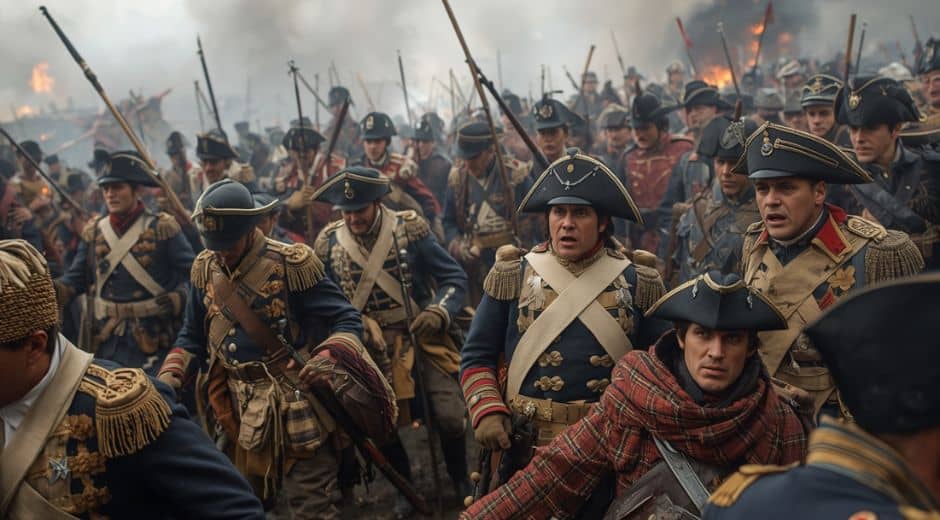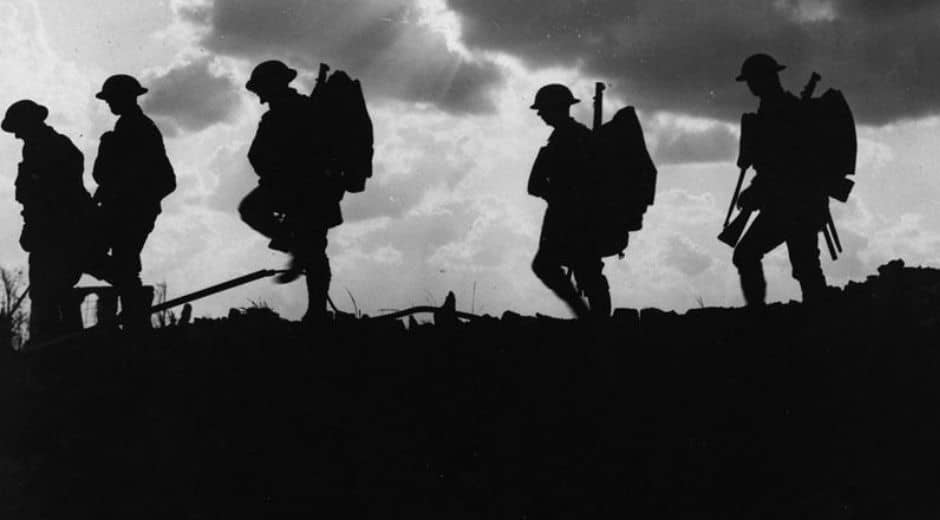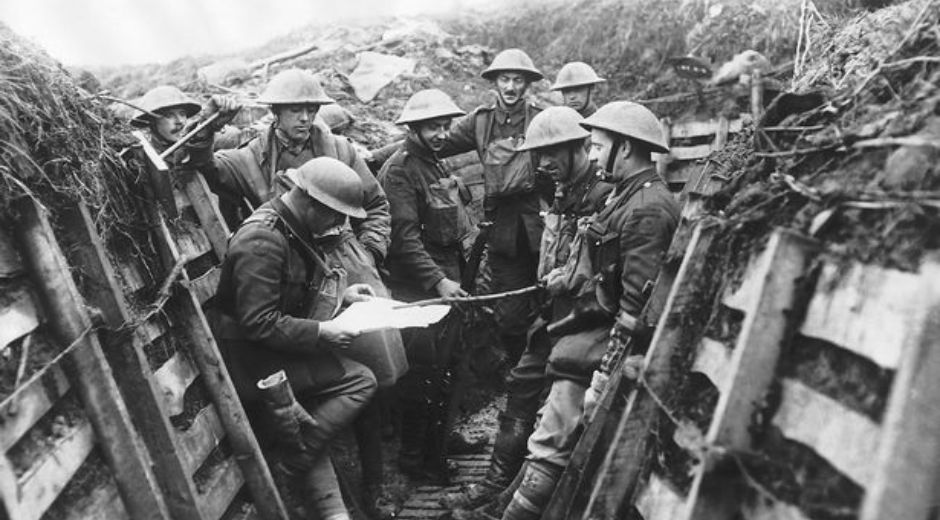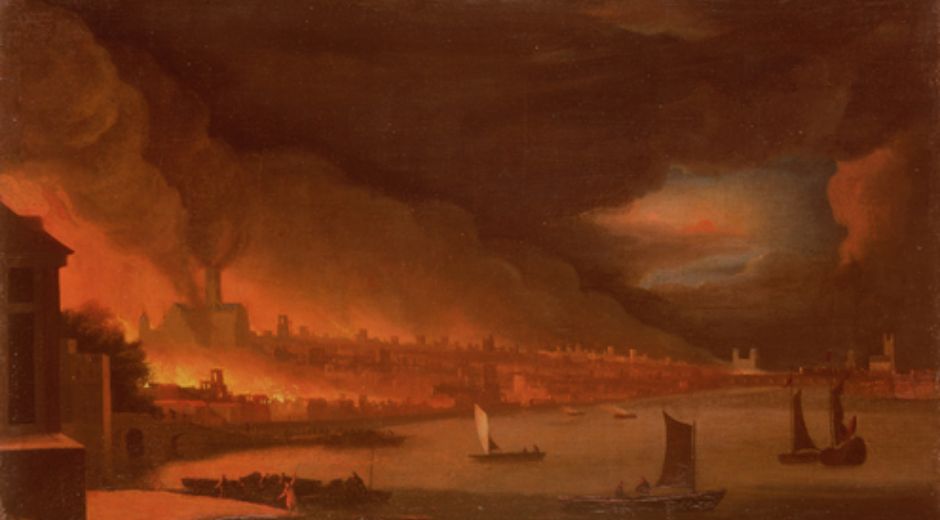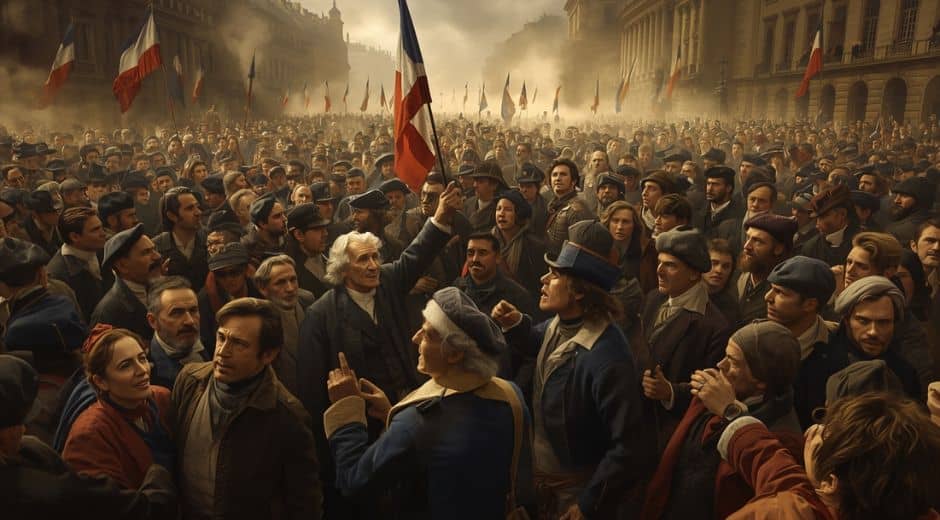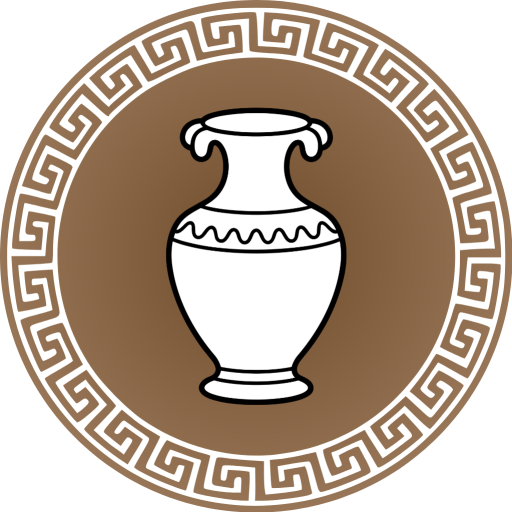The Napoleonic Wars: Europe’s Defining Conflict
The Napoleonic Wars were more than just battles for power, they were a transformation of Europe itself. Between 1803 and 1815, this vast conflict redefined nations, inspired revolutions, and set the foundations of modern politics. The rise and fall of Napoleon Bonaparte remains one of history’s most dramatic stories, where ambition and genius collided with destiny and downfall.
The Rise of a Leader
Born in Corsica in 1769, Napoleon Bonaparte rose from modest origins to command one of the greatest armies the world had ever seen. His brilliance as a strategist and his ability to inspire loyalty turned him into a national hero. The Napoleonic Wars began as an extension of revolutionary ideals, but soon evolved into a campaign of conquest and dominance.
Napoleon sought to reshape Europe under his rule, guided by the principles of merit, nationalism, and order. In doing so, he challenged monarchies that had long held power, shaking the old political structures of Europe to their core.
The European Stage of War
The Napoleonic Wars engulfed nearly every major European power. France, under Napoleon’s command, fought against coalitions that included Britain, Russia, Austria, and Prussia. Each campaign introduced new tactics and technologies that changed the nature of warfare.
The Battle of Austerlitz in 1805, often considered Napoleon’s greatest victory, showcased his military brilliance. His ability to mislead and outmaneuver larger armies became legendary. Yet even his genius had limits, as seen in the disastrous Russian campaign of 1812, where the cold and distance defeated his seemingly unstoppable army.
For an in-depth exploration of these campaigns, BBC History provides exceptional resources on how the Napoleonic Wars shaped Europe’s geopolitical landscape.
Revolution and Reforms
The Napoleonic Wars were not just about territory but about ideas. The French Revolution had ignited a wave of social and political change, and Napoleon spread these ideals across the continent. He introduced legal reforms, abolished feudal privileges, and promoted equality before the law. The Napoleonic Code, one of his enduring legacies, influenced legal systems around the world.
While his ambitions were imperial, his reforms laid the groundwork for modern governance. The spread of nationalism during this era inspired future independence movements across Europe and beyond.
The Cost of Glory
The Napoleonic Wars came at an immense human cost. Millions of soldiers and civilians perished, cities were destroyed, and economies collapsed. The long campaigns left Europe scarred yet transformed. Even as Napoleon’s empire expanded, resistance grew stronger. Britain’s naval supremacy, Russia’s resilience, and the enduring alliances of his enemies slowly eroded his dominance.
The turning point came at the Battle of Leipzig in 1813, known as the “Battle of Nations.” Defeated by a united coalition, Napoleon retreated to France, his empire crumbling around him. Two years later, the final chapter unfolded at Waterloo in 1815, where his ambitions met their end.
Exile and Legacy
After his defeat at Waterloo, Napoleon was exiled to Saint Helena, a remote island in the South Atlantic. There, surrounded by isolation, he dictated his memoirs, shaping how history would remember him. His legacy remains divided — seen by some as a tyrant, by others as a visionary who modernized Europe.
The Napoleonic Wars left behind more than broken empires, they gave rise to a new order. The Congress of Vienna in 1815 redrew Europe’s borders, striving to balance power and prevent future revolutions. Yet, the ideals that fueled Napoleon’s rise — merit, equality, and nationalism — could not be contained. They continued to influence political movements throughout the 19th century.
Beyond Europe’s Borders
The Napoleonic Wars also reached beyond Europe. They reshaped colonial empires, disrupted trade routes, and indirectly influenced revolutions in the Americas. The weakening of European powers during the wars provided opportunities for independence movements in Latin America, forever altering global history.
At Chronostual, we uncover how the shockwaves of the Napoleonic Wars still echo in modern politics, from the concept of nation-states to the evolution of military strategy. The world that emerged from Napoleon’s time was both freer and more complex, forever shaped by his ambition.
AICI SCHIMBI SITEUL
For extended insights on the influence of revolutionary wars on social transformation, visit StudySkillUp, where you’ll find comprehensive studies on how the Napoleonic Wars paved the way for modern democracy and military reform.
The Lessons of Conflict
History teaches that progress often comes at great cost. The Napoleonic Wars remind us of the duality of ambition — how vision can uplift nations but also destroy them. Napoleon’s story is not just that of a man but of an era defined by courage, complexity, and contradiction.
He proved that leadership demands both intellect and restraint, and that power without balance inevitably leads to downfall. The Europe that emerged after 1815 was no longer bound by old empires but driven by new ideas, many of which were born from Napoleon’s turbulent reign.
Conclusion
The Napoleonic Wars reshaped the destiny of nations and redefined how history understands power. They marked the end of an age of monarchies and the beginning of a modern, interconnected Europe.
Through strategy, reform, and revolution, Napoleon left a mark that no defeat could erase. His campaigns still influence military academies, his legal codes still guide justice systems, and his vision for unity still echoes in today’s European institutions.
The Napoleonic Wars were not merely wars of conquest — they were battles for the soul of modern civilization, where the ideals of freedom, equality, and ambition were forged in fire and remembered through time.
History Insight Legacy
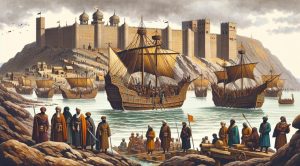
How Imperial Expansion Changed Borders And Cultures Forever
How Imperial Expansion Changed Borders And Cultures Forever
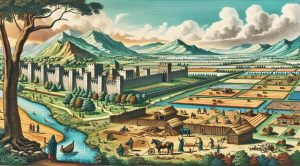
The Rise And Fall Of Early Kingdoms In World History
The Rise And Fall Of Early Kingdoms In World History

Lost Civilizations And What Archaeology Reveals About Them
Lost Civilizations And What Archaeology Reveals About Them
